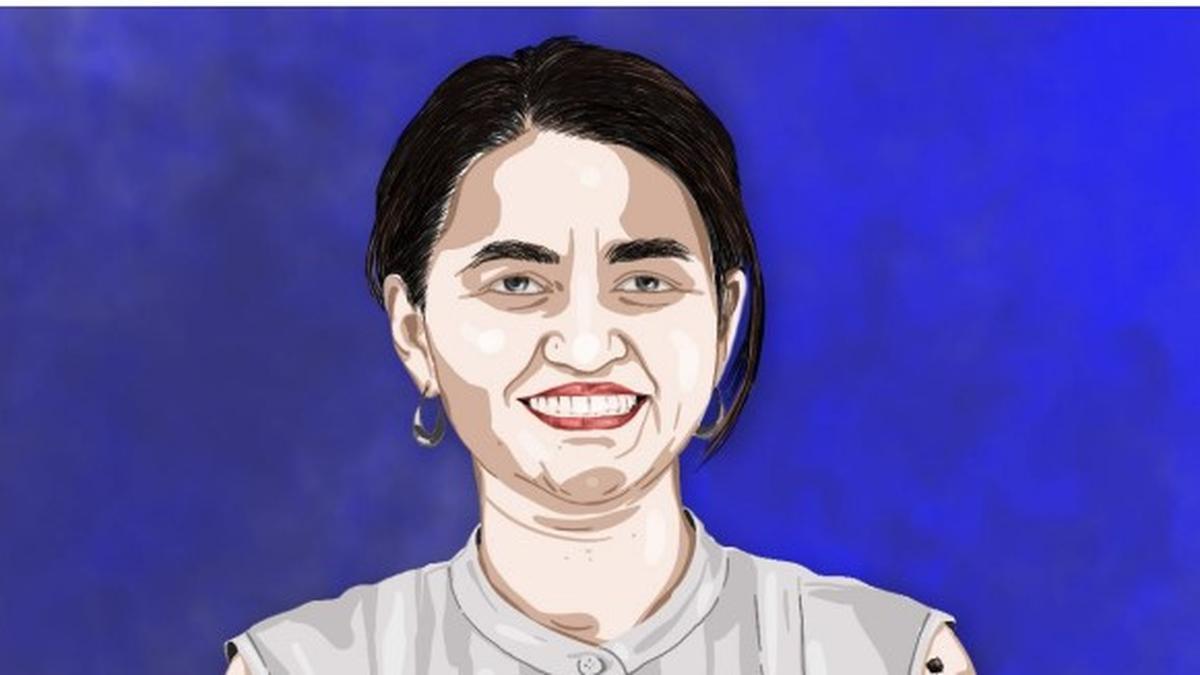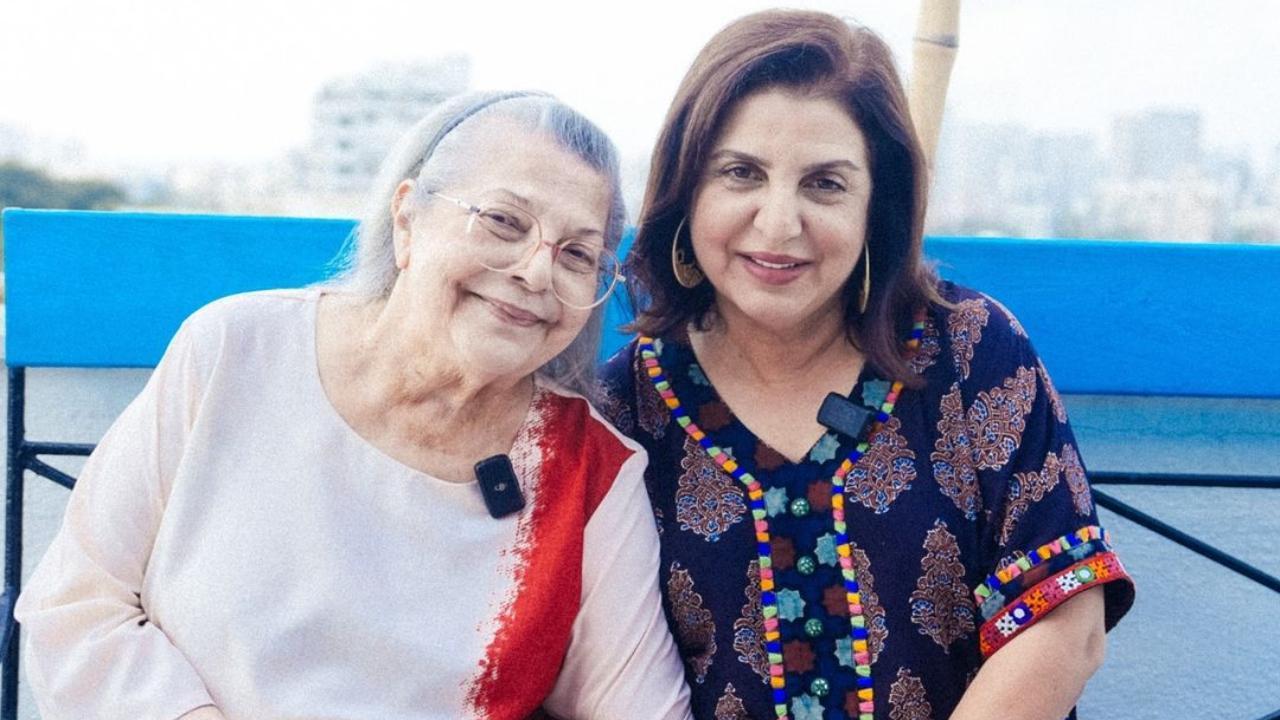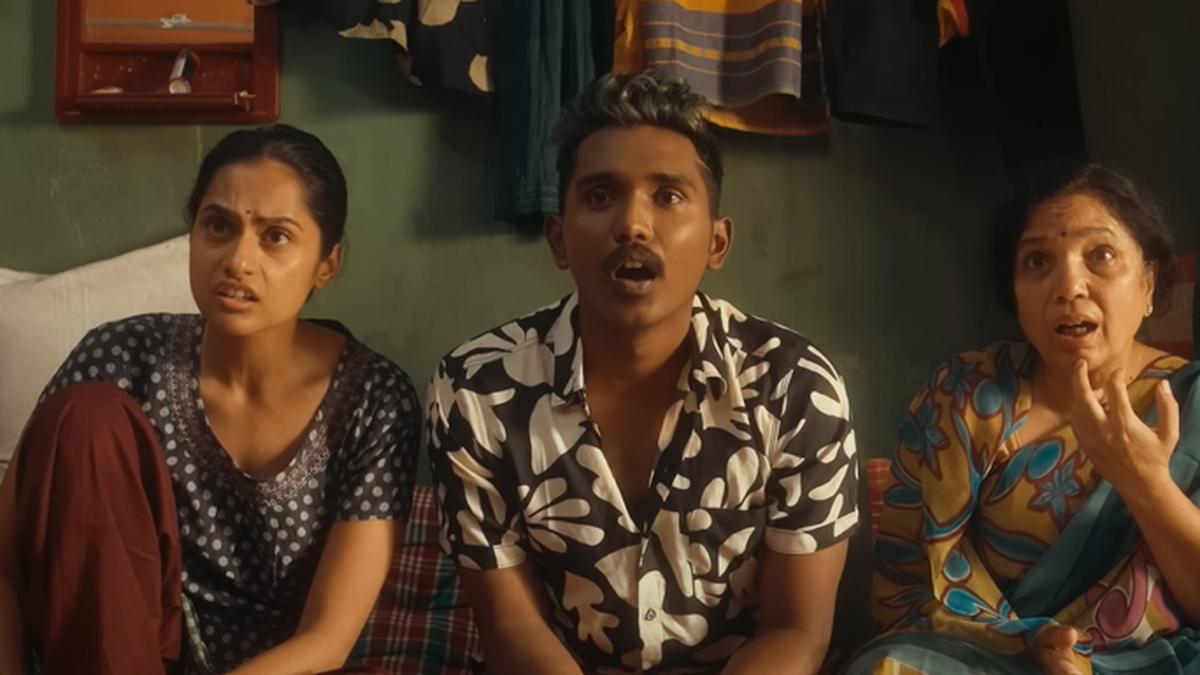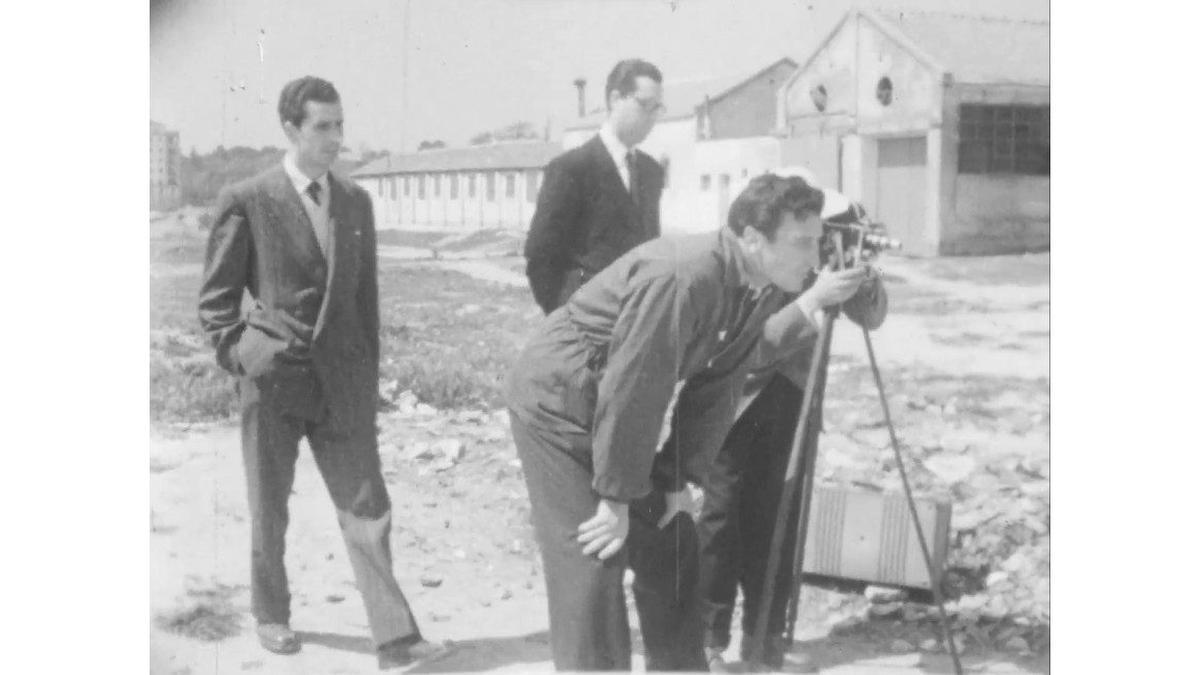
Payal Kapadia, the 38-year-old filmmaker whose movie “All We Imagine as Light” clinched the Grand Prix — the second most prestigious award at the Cannes Film Festival — identifies herself as a melancholic individual. This inherent melancholy intricately weaves into the fabric of her movies, setting a distinctive tone that resonates deeply with audiences.
Hailing originally from Mumbai, Ms. Kapadia has spent much of her life outside her home city. Each return to Mumbai gave her a profound sense of flux, a sensation that is central to her latest film “All We Imagine as Light.” The movie revolves around Mumbai and the vibrant, ever-changing populace that commutes there daily for work. These individuals, perpetually in a state of flux, form the backbone of her narrative. Initially conceptualized as a short film, Ms. Kapadia expanded “All We Imagine as Light” into a full-length feature as she delved deeper into the myriad layers of relationships and transient life in Mumbai.
An alumna of the Pune-based Film and Television Institute of India (FTII), Ms. Kapadia is no stranger to capturing the uncertainties of modern life. Her involvement in the student protests that echoed across Indian universities in recent years steeped her in an environment of uncertainty, which she channels into her work. Her debut feature film, “A Night of Knowing Nothing,” serves as a poignant exploration of the vulnerabilities and uncertainties faced by young Indian adults during these tumultuous times.
The origins of “A Night of Knowing Nothing” are deeply rooted in the FTII protests against the appointment of TV actor Gajendra Chauhan as its chairperson in 2015. Ms. Kapadia and her cinematographer Ranabir Das meticulously recorded the 139-day-long protest, capturing the raw emotion and fervor of the students. Without a clear initial agenda, Ms. Kapadia describes the resulting film as a “found-footage” project. As she coordinated with students from other protesting universities like Jawaharlal Nehru University in New Delhi and Hyderabad Central University, she gathered an eclectic mix of footage, including CCTV recordings and public domain videos. It took nearly five years to assemble this material into “A Night of Knowing Nothing,” which progresses through a series of letters exchanged between students and lovers during these protests.
In an interview with The Hindu, Ms. Kapadia elaborated on the significance of public institutes in her work: “If we look at films being made in our country, you will always find someone in the crew who went to a public institute. As I was part of the strike in 2015, the student protests became very important for me in order to protect public institutes…
. designed to give everyone an equal opportunity; ‘A Night of Knowing Nothing’ was a homage to these spaces.”
Nostalgia plays a crucial role in Ms. Kapadia’s films, but not in the conventional sense of longing for the past. Instead, she explores a “nostalgia for the present,” a concept that permeates not only her feature films but also her short films like “And What Is the Summer Saying” and “Afternoon Clouds.” “Perhaps I am a very melancholic person,” she confesses. “In ‘A Night of Knowing Nothing,’ the nostalgia was for the present, when the students were standing up for themselves,” but she underscores that there’s joy within this melancholy. Her new film also embodies this duality of melancholy and joy.
Ms. Kapadia is unflinching in her political engagements, consistently intertwining her films with the feminist slogan “the personal is political.” However, she differentiates between political films and propaganda films. “Every film has its politics, the politics between the rich and the poor, the politics of the relationship between men and women, etc. It may or may not be the intention of the filmmaker, but it will show up. Propaganda films are not as naive. They know clearly what they are doing and they manipulate the truth to put forth an argument whose intention is to change the perspective of the viewer toward a certain political discourse. For me, the difference lies in the intention of the filmmaker,” she asserts.
Ms. Kapadia also deftly brings themes of love and vulnerability into her work. In “And What is the Summer Saying,” the narrator recounts how his father taught him about bees, lonely creatures that die after mating. Later, the narrator’s father begins to see himself like the bees, dying when in love, a melancholic yet profound shift in perspective that Ms. Kapadia captures subtly yet powerfully.
As she continues to bask in the Cannes spotlight, Ms. Kapadia remains a figure of hope and inspiration for the Indian movie industry, which attained a competitive representation at Cannes after a long 30-year wait. While her future projects remain undecided, Ms. Kapadia is optimistic that “things will be a bit easier” moving forward. A visionary director with a melancholic yet hopeful lens, her journey in cinema is just on the verge of unfolding more captivating narratives.










